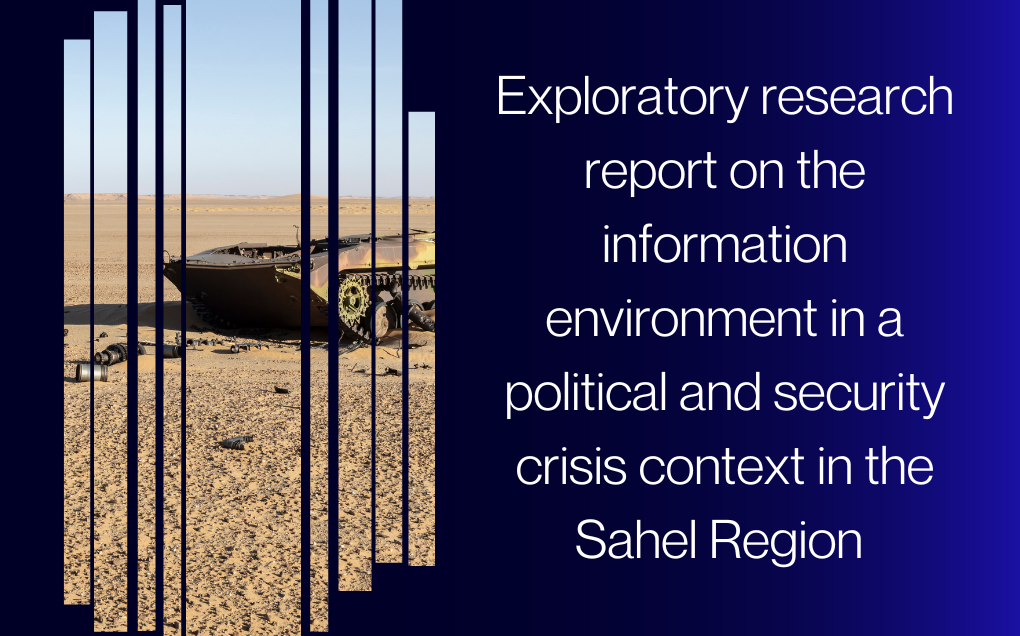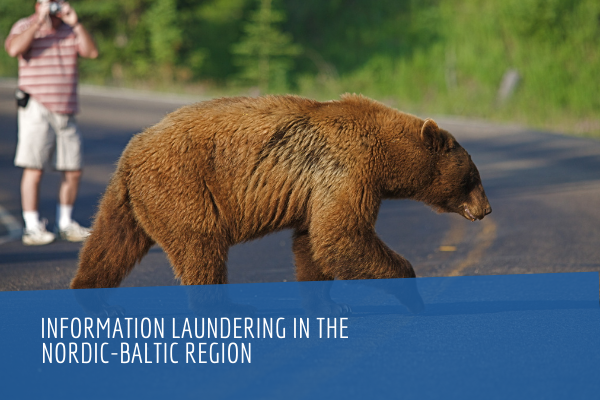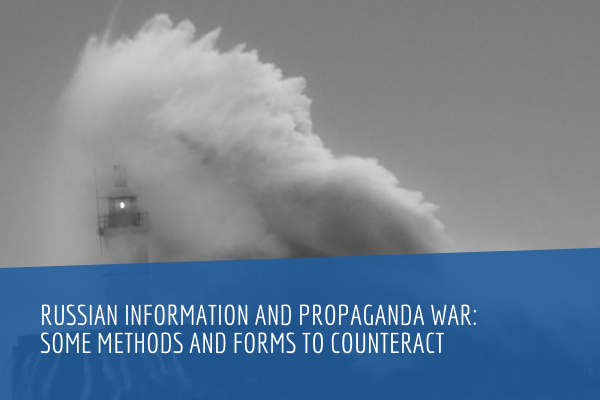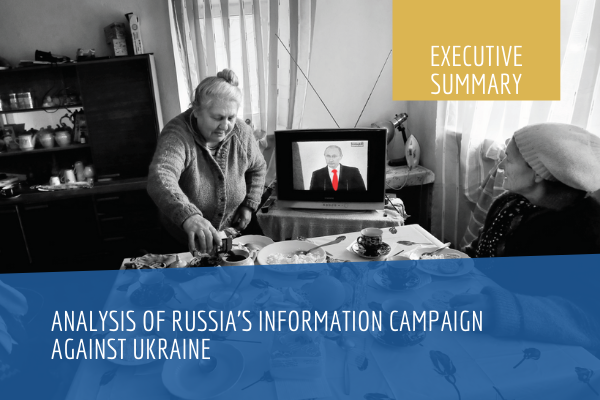It can be daunting to describe media dynamics at the scale of a country, or even a group of bordering countries, such as those in the Sahel, given the profusion of what can be considered media productions and the complexity of the connections between them. The countries of the Sahel region are also strongly influenced by external media productions that are often locally accessible. Indeed, these external productions have an impact on the international understanding of the region’s issues. This fact in turn has a significant impact on the sources selected in the monitoring on the Sahel region. We are talking about a media ecosystem rooted in complex and fragile relationships of trust toward different epistemic sources and a relative understanding of the media world, characterized by practices of re-appropriation and information-sharing.
Media systems in the Sahel did not wait for the emergence of the Internet to become decentralized, but intrinsically featured rumours and orality. The importance of local radio stations across the region is a manifestation of this today. Understanding this complex world requires an examination of the uses of the media, the messages they convey, the sources they utilize, processes of interpreting content, and the socio-political impact of the content in question.






